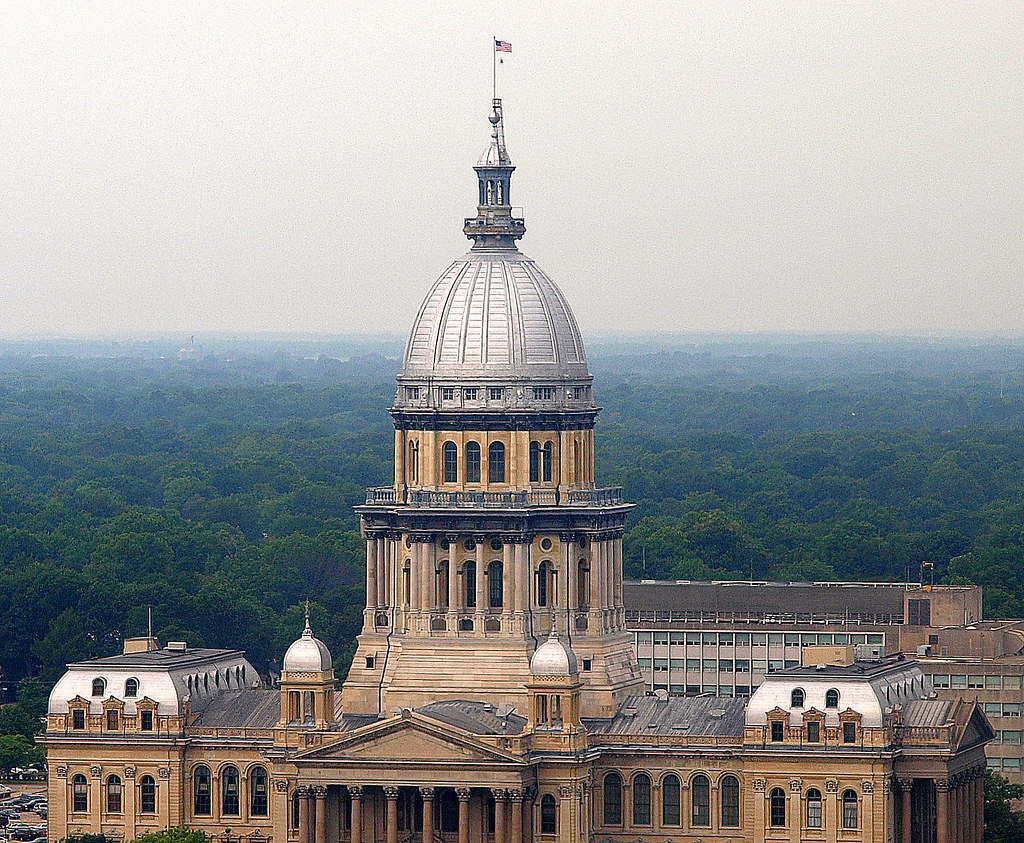
While the race between President Donald Trump and former Vice President Joe Biden has captured the lion’s share of media attention and focus of discussions on campus, it is vital that we do not forget about the important questions elsewhere on the ballot.
Michigan is a swing state for the presidential election and many Hillsdale College students come from Michigan or other states that will play an important role in determining the presidential election results. Others may come from states that have extremely competitive U.S. Senate races this year.
However, others, like myself, come from states where the presidential election is a foregone conclusion.
I am from Illinois, and not even the most optimistic Trump supporters would put that state in his column. Neither would any diehard Republican hold on to any hope that Senator Dick Durbin, D-Illinois, the second-ranking Senate Democrat after Chuck Schumer, stands any chance of being defeated in November.
Despite the fact that the top of the ballot is settled in my state, there are incredible ramifications for other questions on the ballot. Illinois has a proposed amendment to the state constitution on the ballot, one that would move the state from a flat tax system — one in which everyone is taxed at the same rate — to a progressive tax system consisting of brackets based on income. This change would wreak havoc on a state already subject to one of the most onerous tax burdens in the nation. Illinois is hemorrhaging jobs and businesses, so adopting a system that will likely result in a tax increase is a death knell for the state.
Another major question on the ballot for many Illinoisans is the question of retaining Illinois Supreme Court Justice Thomas Kilbride. The state has a partisan court divided into five districts. The first district has three justices, and the remaining four districts have one justice each for a total of seven justices on the court. The justices serve 10 year terms, but instead of running against an opponent from the opposing party at the end of their term, they are subject to a vote of retention. Democrats currently hold a 4-3 majority on the court, and one of the Democratic justices, Kilbride, is up for retention.
If three-fifths of voters vote to retain the justice, he will remain on the court. If he does not reach this threshold, however, he will be removed from office and there will be an election with candidates from each political party.
While this is not the only judicial election in Illinois in 2020, Kilbride is a Democrat serving in the one true judicial swing district in the state. Three of the Illinois Supreme Court districts are located in Cook County, a Democratic stronghold, while three of the others vote consistently for Republicans. This leaves the final district as the deciding factor for control of the court. As a result, stopping Kilbride’s retention in 2020 would give Republicans the opportunity to flip control of the court.
While these particular ballot questions are unique to Illinois, these type of down-ballot choices will be present in states all across the nation. It is easy to get caught up in the presidential election and neglect researching these other issues. But these issues can have a major impact on everyday life in ways that the presidential election never will, whether that is a change to the state taxes a citizen will be subjected to or a change to the judicial opinions they must live under.
Political decisions made closer to home are always felt most strongly, so the further down the ballot you go and the more local you get, the easier it will be to recognize the effects. To be an informed citizen and voter, it is vital that everyone, no matter what state they live in, be informed of the down-ballot races and make sure that they vote the entire ballot.
Conner Kaeb is a senior George Washington Fellow studying politics.

